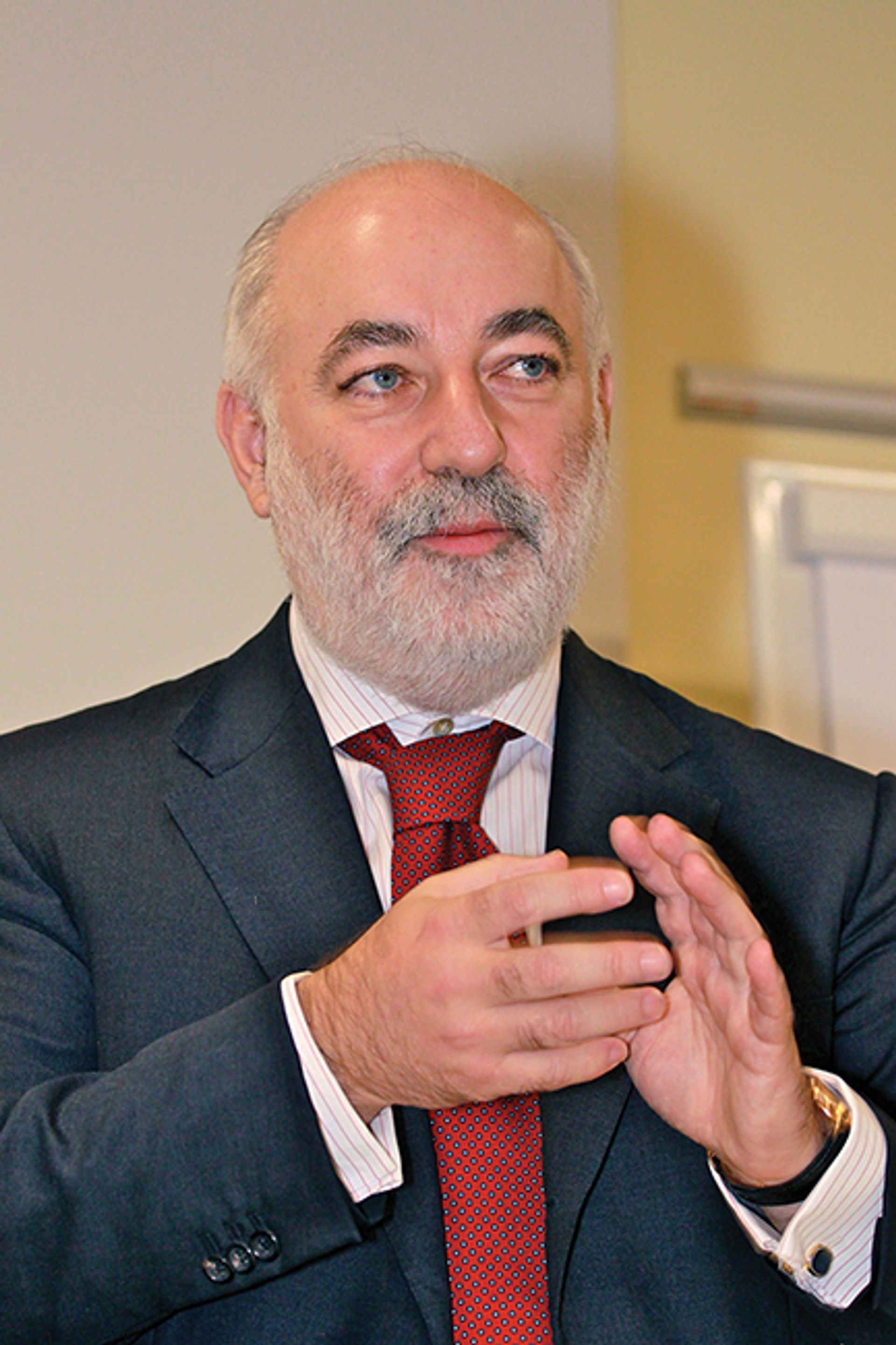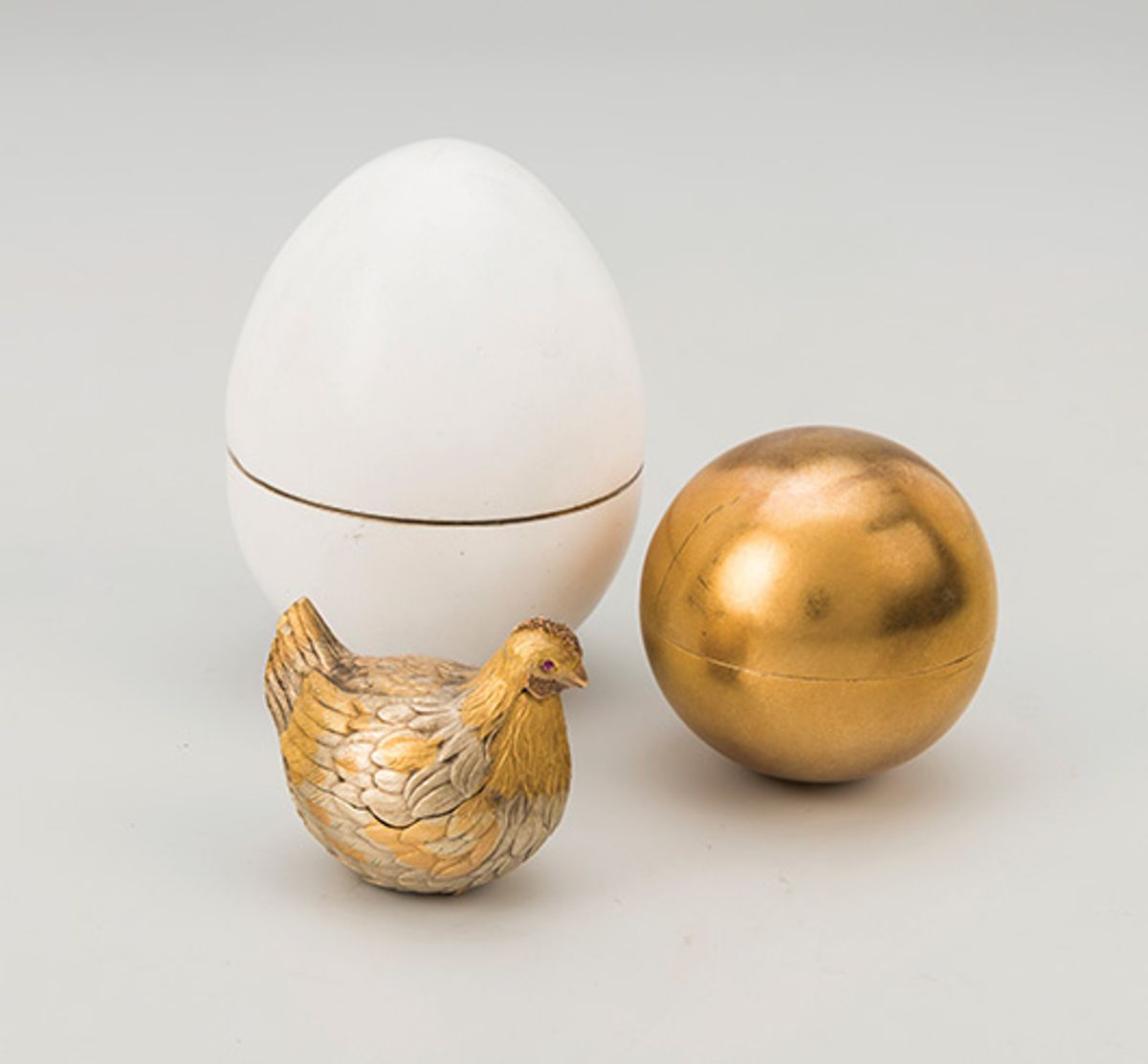Fabergé treasures from Russian lenders that were included in the Victoria and Albert Museum’s (V&A) recent exhibition Fabergé in London are still being held in the UK because of government sanctions over Ukraine. These include two major pieces acquired by the oligarch Viktor Vekselberg, who was sanctioned by the UK government on 15 March.
As The Art Newspaper has reported, Vekselberg’s Fabergé objects are apparently owned by a Panama-registered company, Lamesa Arts Inc. Following our report, the V&A last week changed the address of Lamesa in its records from one in Panama to another in Moscow.
The sensitive issue of whether to return the Russian Fabergé items is now being handled by the UK’s Department for Digital, Culture, Media and Sport (DCMS). However, it is the Treasury, and its Office for Financial Sanctions Implementation, which has overall responsibility for dealing with economic measures against Russia.

Viktor Vekselberg, who bought nine Eggs and other Fabergé items from the Malcolm Forbes collection for an estimated $100m in 2004 © Jürg Vollmer/Maiakinfo
A DCMS spokesperson says that “we are working with the V&A and Office for Financial Sanctions Implementation to see how the items can be returned within the financial sanctions regime”. This confirms that the objects are still being held in the UK, following the closure of the exhibition on 8 May. In normal circumstances items on loan to a show would be returned within a week of deinstallation.
The two pieces from Vekselberg are the first Fabergé Egg, commissioned in 1885 by tsar Alexander III for his wife, and a 1913 gold and enamel cigarette box made for the Rothschild family. Both are normally displayed at Vekselberg’s Fabergé Museum in St Petersburg.
The V&A also borrowed from other museums in Russia: six items from the Kremlin Museums in Moscow, three from the State Hermitage Museum in St Petersburg and one each from the Peterhof State Museum in St Petersburg. Altogether these Fabergé pieces are worth many tens of millions of pounds.
The objects from Russia are all covered by the UK’s Immunity from Seizure system, so they could not be “seized” by another party. But under the current UK sanctions system, they could be “frozen”, presumably to be then stored by the V&A. The matter still needs to be resolved by the Treasury’s sanctions office.
Even if the sanctions issues were overcome, there would still be transport problems, in the absence of direct flights from the UK. A V&A spokesperson says: “For security reasons we are not able to provide details of the arrangements for individual loans, but now the exhibition has closed we are working with DCMS and the lenders to ensure the safe return of the objects.”


